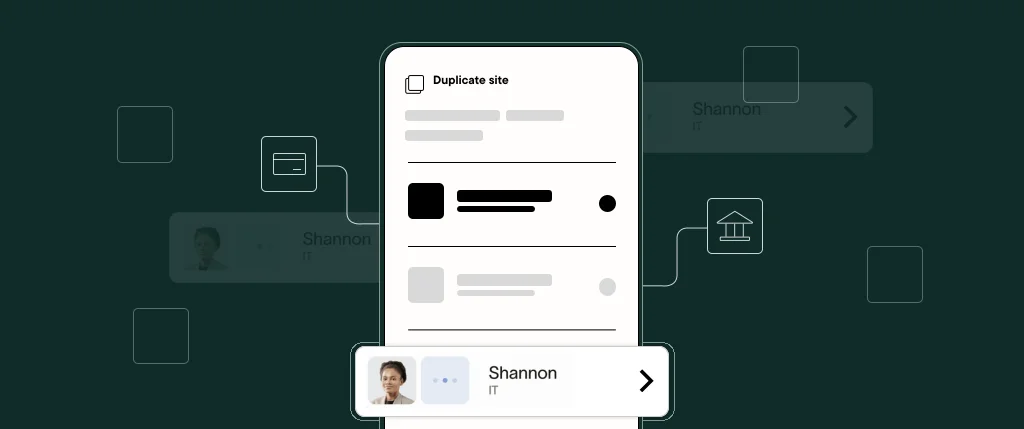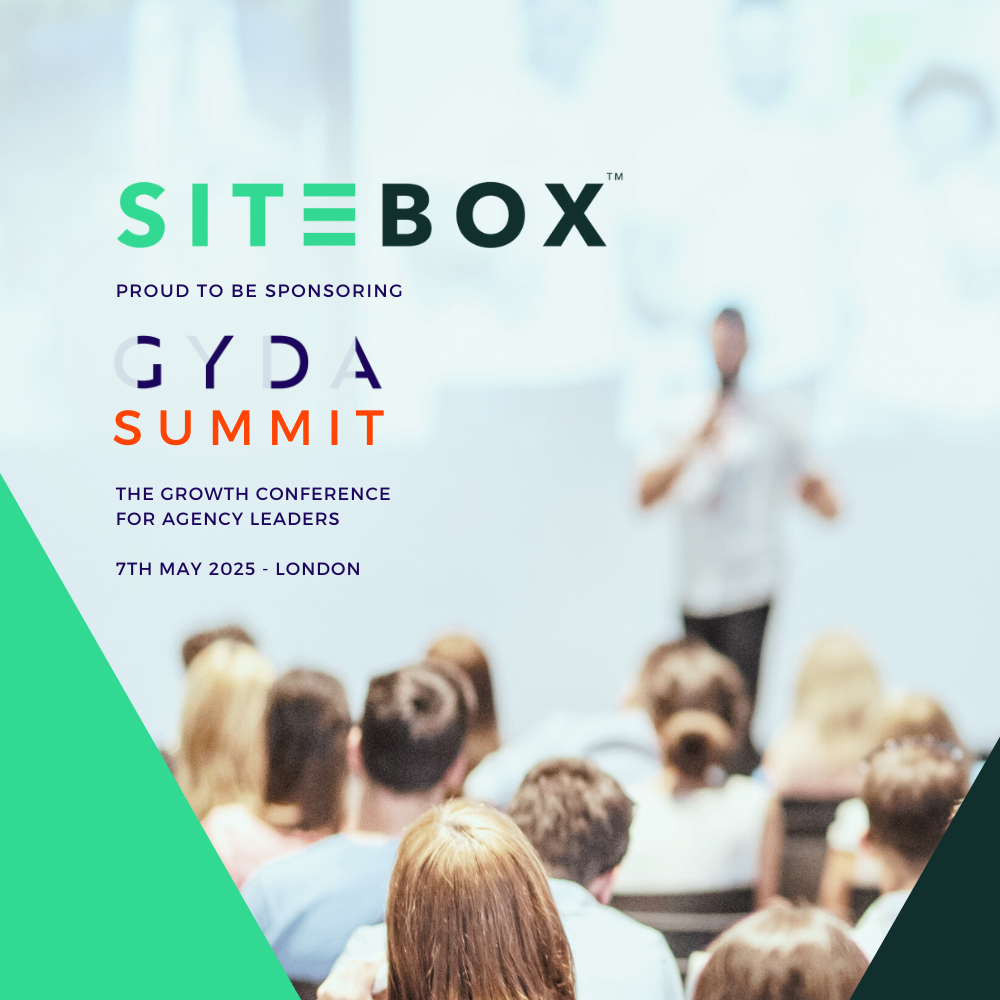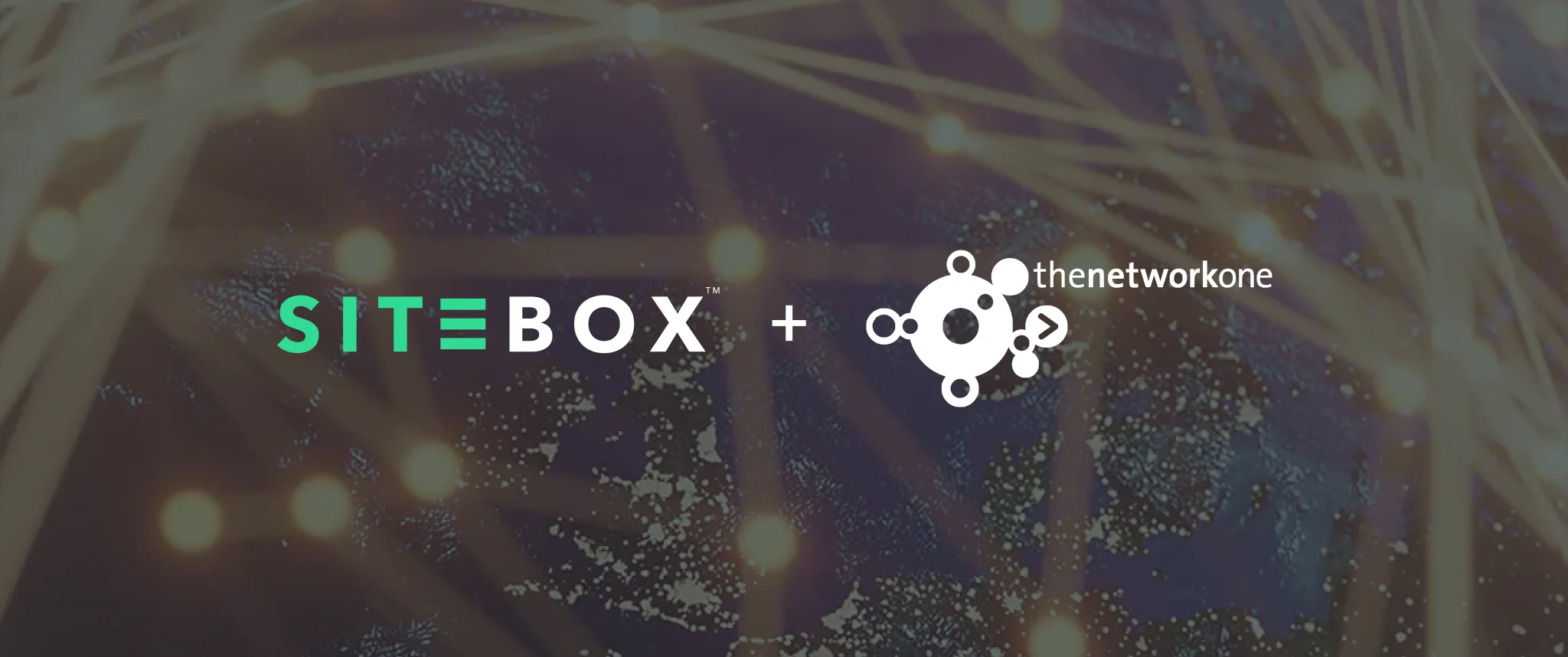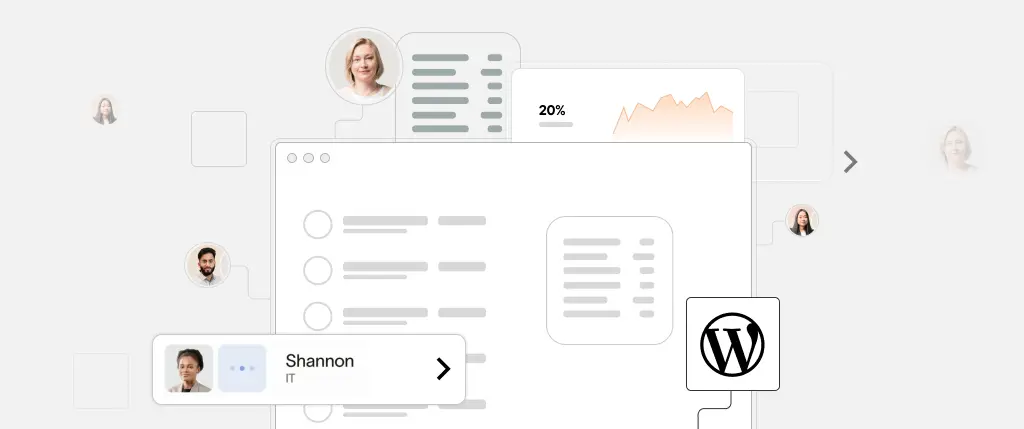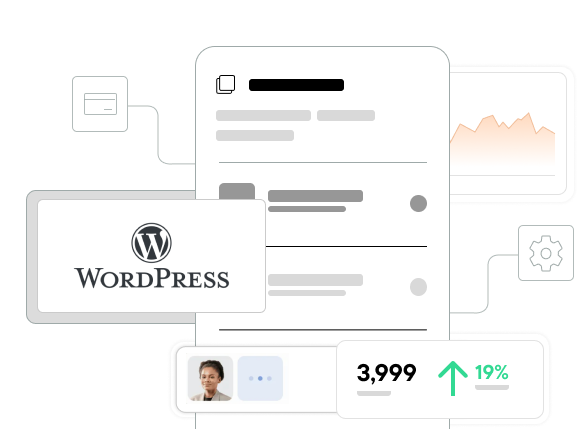Developing great looking websites is the ultimate way to develop a trusted user base in the digital age.
Having to serve a range of clients with requirements that can change on-the-fly, agencies have a range of roadblocks that can make the web-building process complex and time-consuming.
But with the ability to transform traditional WordPress sites into a Hybrid Headless CMS, this hosting solution can flip those challenges on their head, revolutionising the way agencies can bring websites from idea to fruition. Let’s explore…
Challenge: Efficiency
Agencies need to be flexible in answering the multiple demands of their client pool. When it comes to websites, standing out in the field is paramount; unique, custom-built websites adhering to specific criteria is the bare minimum these days. Balancing this with team efficiency is tough. Building every website from scratch is not only time-consuming, but it drastically hinders efficiency and scalability.
Solution: Decoupling
When hosting on a Hybrid Headless platform, separating the frontend presentation layer from the backend CMS gives that agility back to developers that can choose their preferred technologies and frameworks to build the frontend, while a centralised content repository gives content editors full overview independently from developer teams. This so-called ‘decoupled’ architecture allows for greater customisation and faster development cycles.
Challenge: Collaborative workflows
Developers and content editors may not always be on the same page. In traditional CMS setups, developers often face the agonising wait for many stages of content editing to be finalised, all before they can integrate it into the website. You guessed it: the process is fraught with bottlenecks.
Solution: API
Hybrid Headless’ superweapon is a content API. This allows developers to work with placeholder content, while the actual intended content is being crafted by marketers. They can each work in parallel, crafting and refining content without causing a backlog. And once the content is ready, it gets pulled through to the website through the API. A streamlined workflow this way equals reduced time to market, and happier, cooperative teams.
Challenge: High performance and scaling potential
As websites grow in complexity and traffic, it becomes an issue for agencies whether they can remain highly performant and scalable to a client’s needs. Handling high traffic loads is tricky for traditional CMS, resulting in tortoise slow page speeds and put-off visitors that experience poor UX.
Solution: CDNs
Static site generation provides an answer, and with the ability to transform existing traditional WordPress sites into a static version delivered from a content delivery network (CDNs), even better! Serving pre-rendering pages from a CDN gives the website lightning-fast performance, even under heavy traffic. Back to the decoupled architecture positives, this also allows for independent scaling of the frontend and backend. A website can handle increased demands without compromising performance in this way.
Challenge: Iterative updates
For web development, the only constant is change. Clients often request updates, new features, and design iterations all along the development process (and especially after the website is launched!) Managing these (very) small to (very) large requests while maintaining a cohesive codebase can be a daunting task for agency developer teams.
Solution: Modular approaches
A Hybrid Headless’ modular and component-based approach can benefit teams. What this means is developers can craft components and modules that can swiftly updated and reused across multiple pages, and even different websites. Modular architecture makes iterations faster-to-hand for easier maintenance and a more efficient development process despite an influx of raised request tickets.
Key takeaways from Hybrid Headless for agency and client-side teams:
- Get unparalleled flexibility and efficiency in WebOps using preferred technologies and a centralised content repository.
- Streamline collaboration between team members through the power of a content API.
- Static site generation and CDNs ensures better performance and UX through fast, even under heavy traffic.
- Decoupled architecture supports simple updates thanks to a modular and component-based approach.
By leveraging the power of a decoupled architecture, content APIs, and static site generation, Hybrid Headless makes sure agencies can build custom, high-performance websites with improved collaboration and efficiency. Web development needs will continue to evolve, but embracing Hybrid Headless can give agencies a competitive edge and help them deliver exceptional results for their clients.
To learn more about our Hybrid Headless hosting product for WordPress, contact us today!
